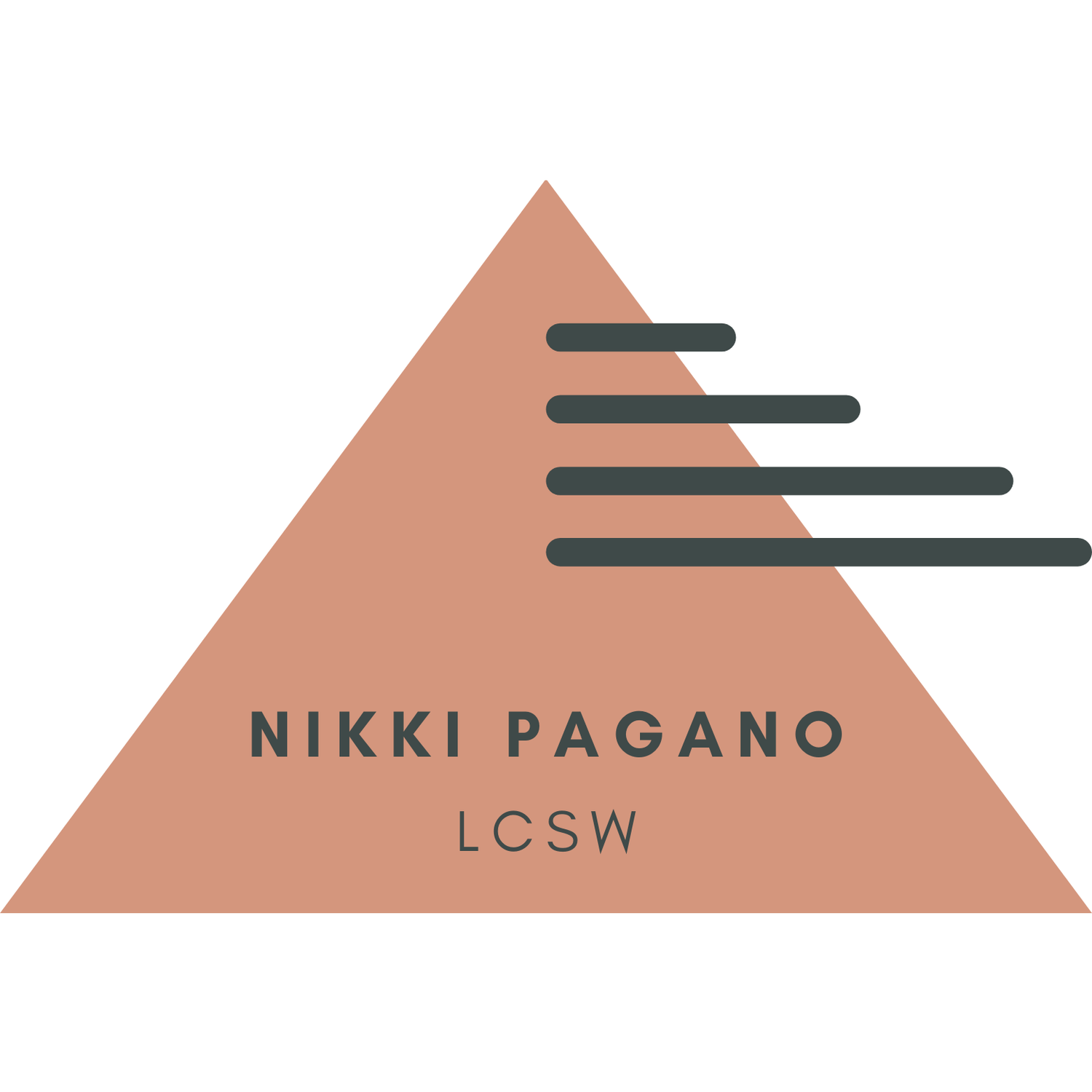
Eating Disorder Treatment
Types of Eating Disorders
-
Anorexia is a serious, sometimes life-threatening illness that can lead to medical complications. It is characterized by weight loss (or a lack of expected weight gain in children) leading to a low body weight, a fear of gaining weight, a distorted perception of one’s body, or an inability to understand the severity of their state.
This illness develops around adolescence and can cause symptoms of anxiety and depression.
-
Bulimia involves episodes of feeling out of control when eating followed by compensatory behaviors (i.e. vomiting, laxative use, or diuretics) and a preoccupation with weight or body shape.
-
Binge-eating disorder is characterized by episodes of feeling out of control when eating large amounts of food. There may be feelings of guilt or shame about eating.
-
ARFID occurs when an individual avoids certain foods to the point that they are not able to nourish themselves adequately or their avoidance of these foods causes issues in their social, professional or academic lives. Individuals may avoid foods because of sensory sensitivity, a fear of vomiting or choking, or for any reason aside from worries about their weight.
Therapy for Eating Disorders
Family Based Treatment
FBT or the Maudsley Method is the gold standard, first-line treatment for children and adolescents with anorexia nervosa. FBT empowers parents and caregivers to support their child in overcoming the eating disorder with a firm and compassionate focus on renourishment.
Between 50-70% of patients achieve recovery within one year.
To learn more about this treatment, take a look at some of the resources below:
Documentary on Anorexia Nervosa and FBT
What You Need to Know about Family Based Treatment for Anorexia Nervosa
Help Your Teenager Beat an Eating Disorder by James Locke and Daniel LeGrange
Cognitive Behavioral Therapy for
Eating Disorders (CBT-E)
CBT-E is an individualized, outpatient treatment focused on how our thoughts, feelings and behaviors
are connected and impact our eating. This treatment begins by understanding the eating problem and
creating a regular pattern of eating the focuses on what maintains the eating problem which may
include beliefs about our body, weight or dietary restrictions. CBT-E incorporates coping skills to
manage everyday events and mood fluctuations. The last part of this treatment focuses on relapse
prevention.
This treatment has been shown by research to be effective for all eating disorder diagnoses.
To learn more about this treatment, take a look at some of the resources below:
Cognitive Behavioral Therapy for ARFID (CBT-AR)
CBT-AR supports individuals and their caregivers in addressing eating problems which interfere with growth and development or social functioning. These issues may include sensory sensitivity, anxiety about eating, fear of choking or vomiting, or low appetite.
Support Group for Families
Affected by Eating Disorders
This is a free, virtual group where families will have the opportunity to share experiences,
find support, try different approaches and learn together. The group occurs every other Tuesday from 12:30-1:30pm.




